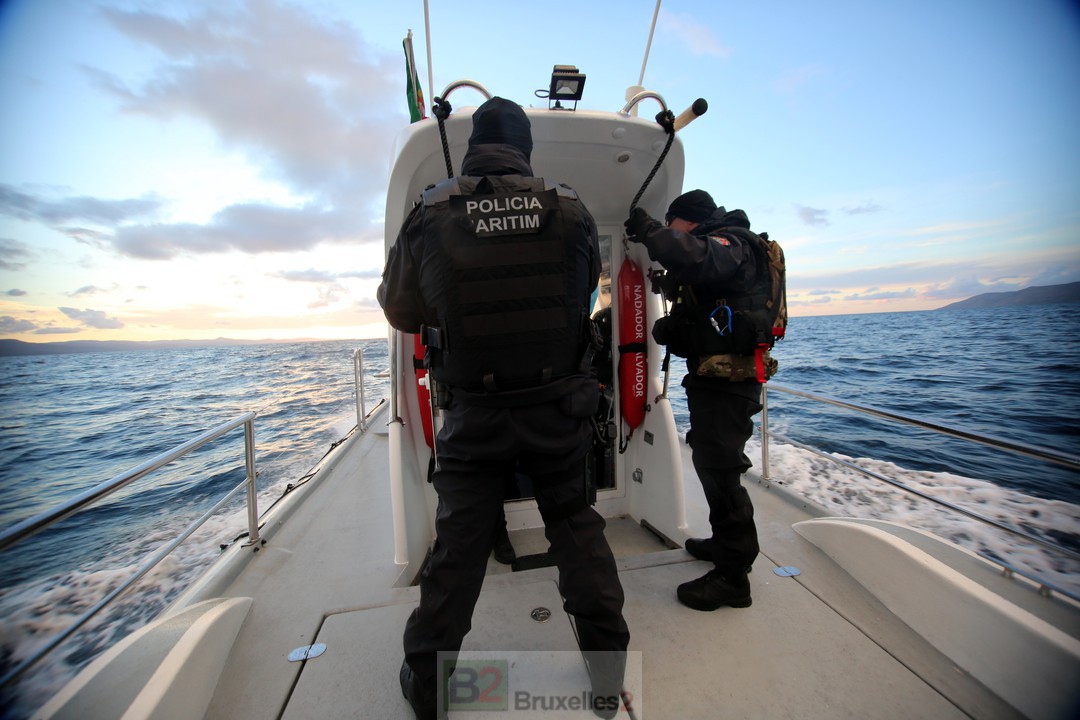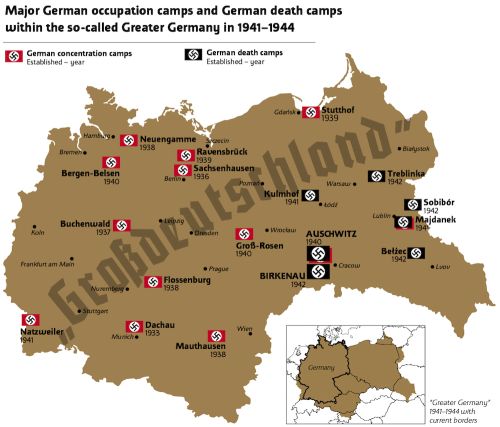Refugees. Is the Greek aid plan working? Are the States in solidarity?

(B2) Nearly 8 weeks after the European summit which had set emergency measures to help Greece, where are we?
The latest assessments delivered by the European Commission (1) on the number of asylum seekers relocated (inside the EU) or resettled (coming from outside the EU) are, without doubt, a little better than the last month. But we cannot say that Europe is showing extreme generosity or reactivity to help two of its Member States (Italy and Greece) confronted, on the front line, with the Syrian crisis. At this rate,... we'll have to wait 75 years to achieve the goal set ! Similarly, the EU-Turkey agreement is starting to work. But many refugees remain on the floor, stranded in Greece. Member States are slow to deploy the men promised to help Greece deal with asylum cases.
How many experts have arrived?
However, the number of refugees stranded in Greece still stands at around 55.000 according to government figures reported in the Greek press. In Thessaloniki, for example, the Greek services can only register 25 to 30 requests per day. Suffice to say that compliance with asylum application procedures remains theoretical for the moment...
How many border guards have been sent?
As for the agents requested by Frontex to ensure returns, things are more active: 21 readmission experts have been deployed out of 50 requested (eveningly half) and 271 escort officers out of the 739 promised and the 1500 requested (i.e. a quarter).
For the reinforcements of border guards, enthusiasm is not completely appropriate. After several appeals for help from the Greeks and the Frontex Agency, only 461 border guards were offered (out of 1412 requested, ie only 1/3). For Poseidon's rapid deployment teams, it's better 2/3 of the workforce has been promised: 759 agents offered out of 1112 requested.
How many asylum seekers and others have been sent back to Turkey?
In all, 386 were returned to Turkey: 202 on April 4, 123 on April 8. And after a long period of no return, 61 on April 26 and 27. All in all, despite the cries of orfaies, these are not the expected maritime charters.
A figure to be compared with other organized returns: according to data communicated by the Greek police, the number of migrants returned to their countries of origin in April amounted to 1.694 people. 852 were handed over to Albania, 157 to Pakistan, 107 to Morocco, 61 to Iran, 51 to Georgia, 45 to Afghanistan, 29 to Bangladesh and 16 to Bulgaria. Since the beginning of the year, 6.427 people have thus returned to their countries of origin.
How many people have been resettled?
At the same time, some 135 people were resettled from Turkey to European countries, mainly in 4 countries: 54 in Germany, 34 in Sweden, 31 in the Netherlands, 11 in Finland, as well as 5 in Lithuania (the only country in Eastern Europe to undertake resettlement).
How many people have been relocated (from Greece / Italy)?
The plan adopted in September 2015 provided for the relocation over two years of 2 people, mainly from Greece and Italy. Eight months later, we are painfully... at 160.000 people relocated (1.441 from Italy and 565 from Greece).
Which is basically what happens in a big rescue day in Italy! To reach the goal of 160.000, it will not take 2 years as planned, but 888 months, or no less than 75 years!
Which countries host?
France welcomed 499 people. Which is the largest contingent and signals the end of a certain wait-and-see attitude. Finland welcomed 259 people, which for a country of 5 million inhabitants is a more than significant effort. Portugal is also making a notable effort (196 people received) as well as the Netherlands (197 people). Some countries are a little behind — such as Germany (57 people) or Sweden (39 people) — but they have already taken in a number of people voluntarily for whom they cannot be blamed. Spain has a more ambiguous position (only 18 people accepted).
Which countries do not welcome?
While most Central and Eastern European countries have refrained from relocating (see editorial to be continued : the three parasites of Europe), one can notice the will of the Baltic countries to play the solidarity. The three Baltic countries (Estonia, Latvia, Lithuania) thus welcomed the first 19 people, the second 22 people, the third 6. This desire remains symbolic. But given the small size of the countries, it is not negligible.
(Nicolas Gros-Verheyde)
Download :
- the detailed report of theEU-Turkey agreement
- the mechanism of Emergency relocation (source European Commission)


